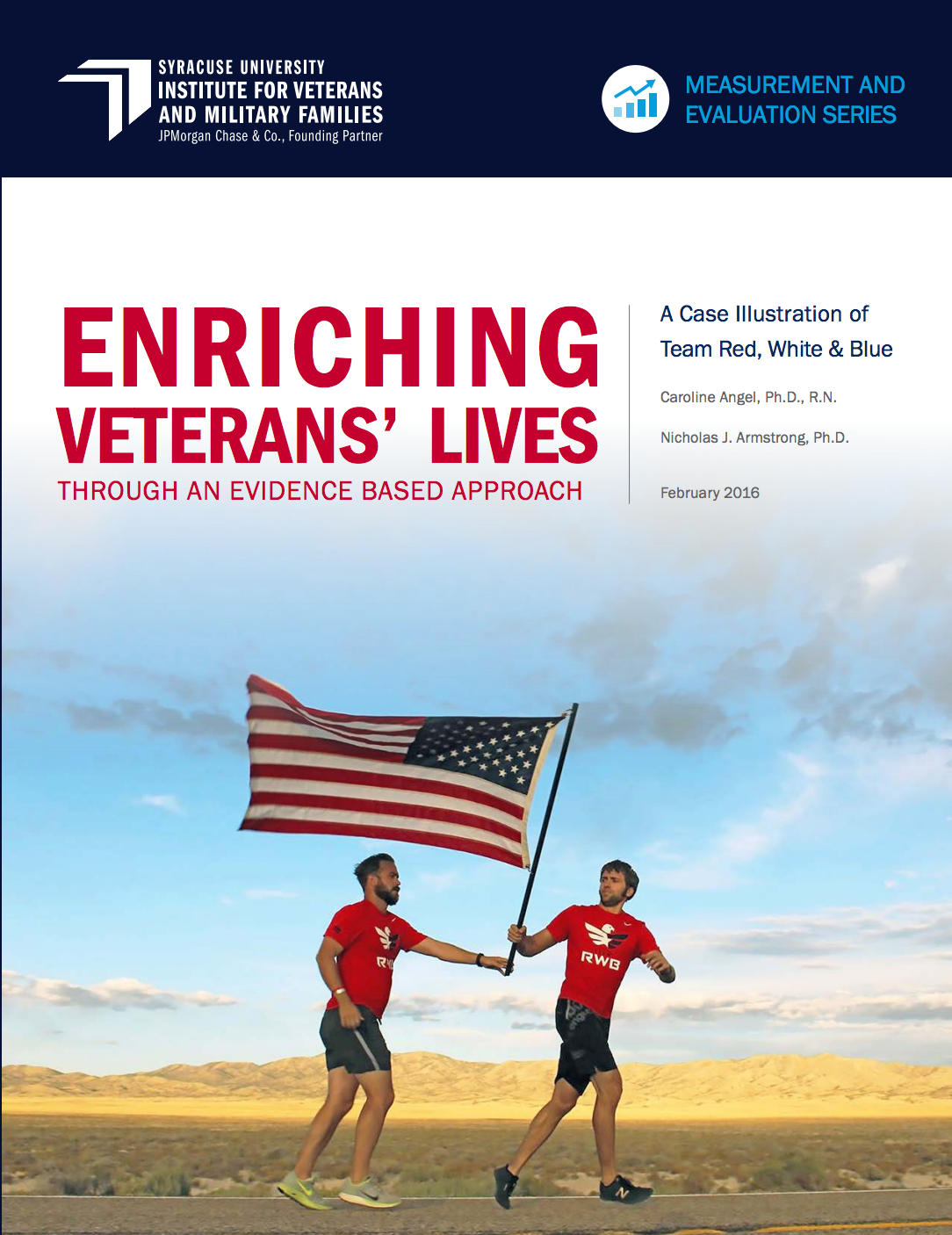By Leo Shane III, Military Times
Organizers with Team Red, White and Blue have long said that veterans who participate in their events are happier, healthier and more civically minded than their peers.
Now they can prove that. And researchers say that type of supporting data is often lacking in community outreach efforts to help veterans.
This week, officials from Syracuse University’s Institute for Veterans and Military Families released its new study on Team RWB, the 6-year-old outreach organization whose stated goal is to “enrich the lives of America’s veterans by connecting them to their community through physical and social activity.”
More than 270,000 individuals took part in group events last year, about 40 percent of whom were nonveterans looking to better connect to the military community.
Of veterans surveyed, 81 percent said their involvement made them feel more satisfied with their lives, 64 percent said it helped them maintain a healthier weight, 53 percent said it helped them better connect to their civilian peers and 70 percent said it helped them build a better network of professional contacts.
The results largely echo long-held beliefs of the group’s leaders and members, but for the first time provide solid data to back up those claims. And IVMF officials said too often veterans groups can’t prove their good intentions result in good results.
“This is something that rings true across the entire nonprofit space,” said Nicholas Armstrong, senior director for research and policy at IVMF. “Most nonprofits don’t have the funding to do extra research outside their main mission, or think about ways to collect new data on outcomes.”
But as charitable budgets tighten, donors want more proof their money is going toward worthwhile efforts. Veterans advocates in particular face an explosion of charities in recent years but also the threat of dwindling interest.
“Proceeds toward veteran and military-specific organizations remain flat since 2001,” the IVMF study warns. “In fact, compared to a steadily growing nonprofit sector overall, veteran and military serving organizations now capture a lesser, and declining, share of total philanthropic support than they enjoyed in the months following 9/11.
“The implications are clear. Organizations that clearly demonstrate their outcomes will not only remain attractive to current and future donors, but also position themselves to best serve veterans’ needs.”
IVMF officials acknowledged that the survey model provides only partial answers to Team RWB’s influence and effectiveness, given inherent biases in the participants’ answers. About 10 percent of those surveyed thought their experience with the group helped them get a raise at work or earn a promotion, a claim that could only be backed up through more intense investigation.
But the researchers said the study is the first step in broader evidence-based data collection for the group, and does confirm “the more one participates in Team RWB activities, the more one gets out of it.”
IVMF officials will be highlighting other veterans organizations and their own outreach programs in similar studies in the months to come. Team RWB officials will be looking to expand their outreach efforts this year to exceed the 32,394 events the organization sponsored nationwide in 2015.
The full report is available at the IVMF website.




